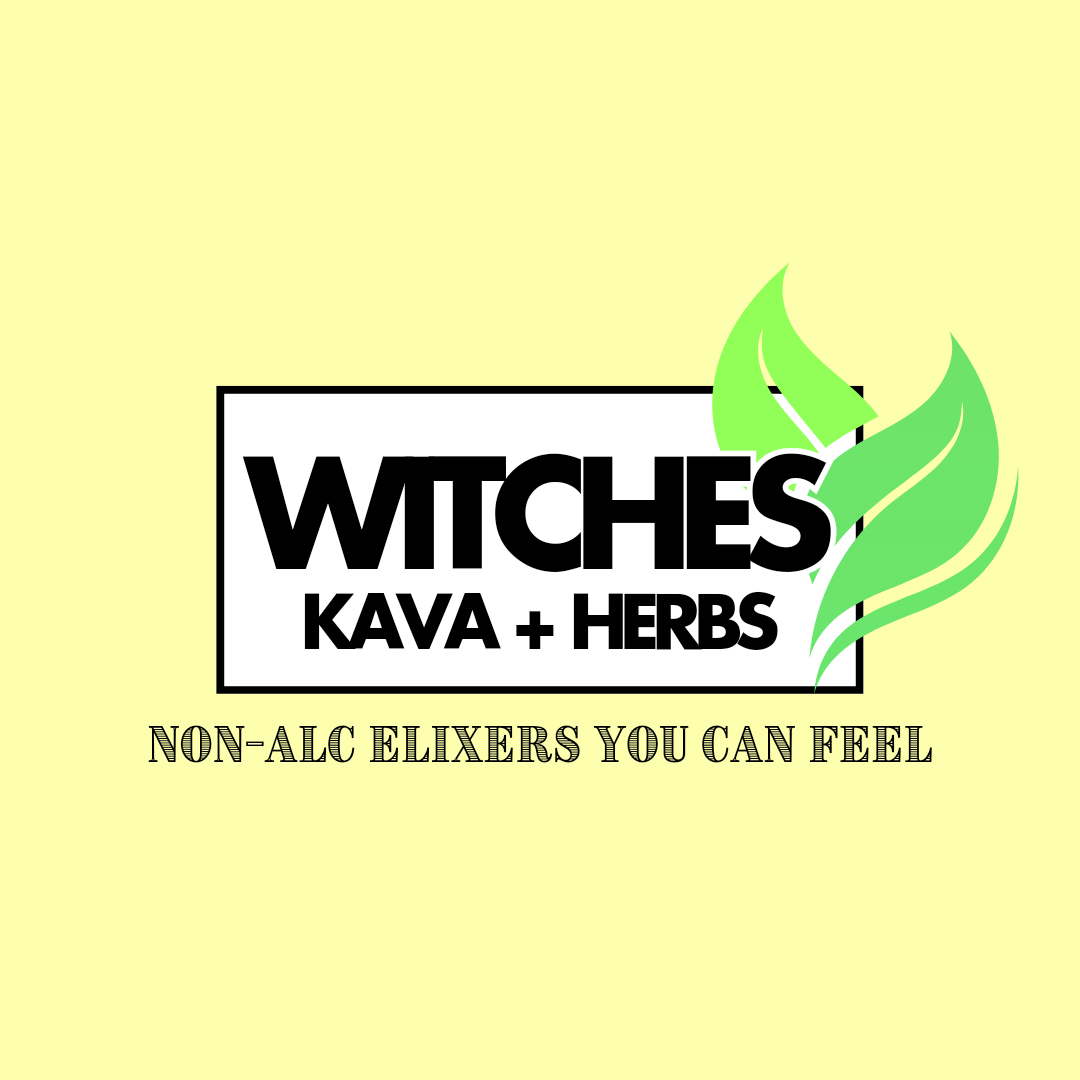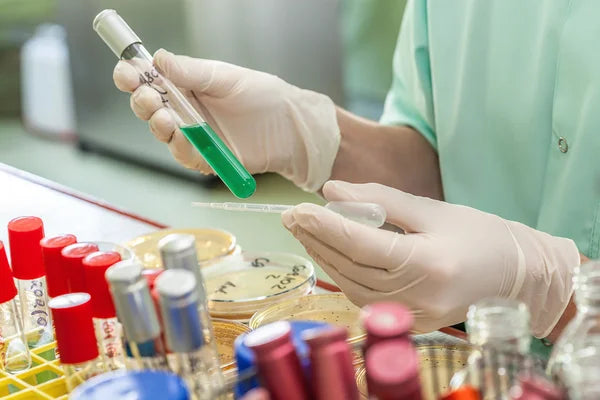Will Kava Show Up in a Drug Test? Understanding the Facts
As the popularity of alternative remedies continues to grow, so does the curiosity surrounding their effects and potential consequences. Kava, a traditional beverage originating from the South Pacific, has gained attention for its relaxation-inducing properties. However, concerns arise about whether consuming kava could result in a positive drug test. In this article, we will explore the relationship between kava and drug tests, providing a comprehensive understanding of the subject.
Understanding Kava
Kava, scientifically known as Piper methysticum, is a plant widely used for its sedative and anxiolytic properties. The roots of the kava plant are typically ground into a powder and mixed with water to create a beverage that has been consumed for centuries in the South Pacific islands. Kava has gained popularity in Western countries as a natural alternative to ease stress, promote relaxation, and support sleep.
Kava and Drug Tests
Drug tests are typically conducted to detect the presence of specific substances, such as illegal drugs or prescription medications, in a person's system. While kava itself is not an illegal substance in most countries, some individuals may be concerned that consuming kava could lead to a false positive or trigger a drug test result.
Kava and the Liver
One of the primary concerns surrounding kava and drug tests is its potential impact on liver enzymes. Some studies have suggested that kava consumption may elevate liver enzymes in certain individuals. Elevated liver enzymes can be a sign of liver damage or dysfunction. However, it is important to note that the incidence of such cases is extremely rare and usually associated with excessive and prolonged kava consumption or the use of low-quality kava products.
Common Drug Tests
The most common drug tests include urine, blood, saliva, and hair tests. Let's take a closer look at each of these tests and their potential implications regarding kava consumption:
- Urine Tests: Standard urine drug tests do not typically screen for kava or its active compounds. These tests primarily focus on detecting substances such as THC (found in marijuana), cocaine, opioids, and other illicit drugs.
- Blood Tests: Blood tests are less common for routine drug screening and are usually reserved for specific medical purposes. Similar to urine tests, blood tests do not specifically target kava or its constituents.
- Saliva Tests: Saliva drug tests are primarily used to detect recent drug use. These tests are usually employed in workplace settings. Kava consumption is highly unlikely to trigger a positive result in a saliva test.
- Hair Tests: Hair tests have a longer detection window and are capable of revealing a person's drug use history over several months. However, kava is not typically included in the standard panel of drugs tested for in hair analysis.
Conclusion
Based on current knowledge, consuming kava is unlikely to result in a positive drug test for substances commonly screened in standard drug tests. While some concerns have been raised regarding kava's impact on liver enzymes, adverse effects are rare and usually associated with excessive or low-quality kava consumption.
It is important to remember that drug testing policies can vary across different organizations and industries. If you have concerns about drug tests and kava consumption, it is advisable to consult with your employer, healthcare provider, or relevant authority to seek accurate and up-to-date information regarding their specific testing protocols.
As with any substance, it is recommended to consume kava responsibly, following the recommended dosages and guidelines, and sourcing products from reputable vendors. If you are unsure or have specific health concerns, it is always best to consult with a healthcare professional for personalized advice.
Disclaimer: This article is for informational purposes only and should not be considered as medical or legal advice. Always consult with a healthcare professional or relevant authority for specific concerns.
Searching for a tested high quality kava? Go to our shop here
**These statements have not been evaluated by the FDA. These products are not intended to diagnose, treat, cure, or prevent any medical condition. If you are utilizing dietary supplements or introducing new foods to your diet, always get medical counsel.

